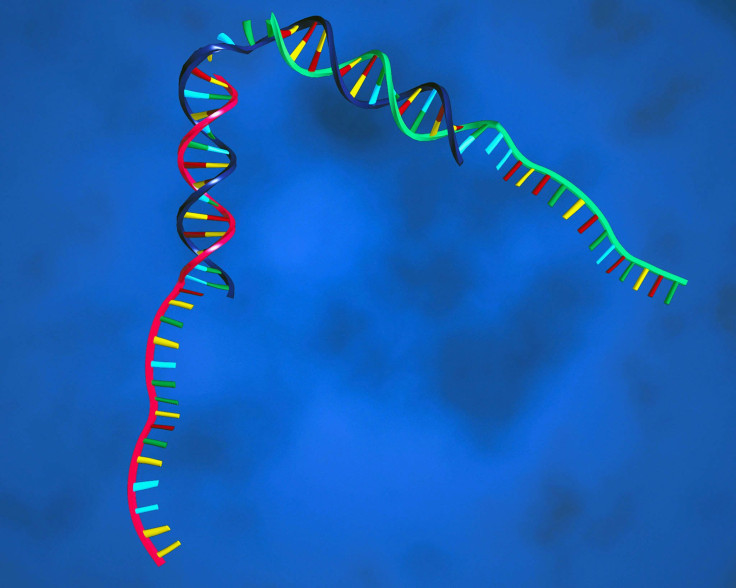A Study Suggests That Salmonella Strains Can Cure Cancer

Scientists suggests that salmonella strains may help to cure colorectal cancers. In a study published in the American Society for Microbiology’s journal mBio, researchers said that the normally poisonous substance can be engineered to fight tumours.
Using the classic technique of stimulating the immune system with a microbe, the researchers delved into possibility of salmonella being part of colorectal cancer therapy. Dr Roy Curtiss, co-author and microbiology professor at Arizona State University said that this is not the first time that Salmonella had been modified for the purpose of finding a cancer cure. In fact, he notes that a group of researchers from Yale University and Vion Pharmaceuticals had advanced to human clinical trials for salmonella strains more than 10 years ago.
The study was conducted by focusing on the properties of the lipopolysaccharide or LPS, which is the outer membrane covering the Salmonella cells. LPS is essential for survival and continued potency. The researchers modified the genetic composition of the salmonella cells by eliminating the genes responsible for LPS manufacturing. They then placed the engineered cells in a test tube and combined them with human cancer cells and colon tumour cells of mice. It was eventually discovered that a particular mutant strain was able to attack the cancer cells effectively without causing infections in the mice; however, the said strain failed in actually reaching the tumour.
The research said that they yielded “disappointing” results due to their inability to establish the correct balance between immune stimulation and safety levels. They further explain that engineered Salmonella strains can cause blood poisoning, while over-modification would cause no stimulation at all.
They responded to this limitation by adding more genetic modifiers that attracted a natural form of sugar to the bacteria. This action proved that Salmonella cannot cause harm to normal cells, but can be destructive once they penetrate cancer cells. “This transition occurs very rapidly due to the cell division that occurs when Salmonella enters a tumour,” Curtiss said. He adds that while Salmonella divided in normal cells for 1-2 times a day, the frequency of division in tumours is every hour. If the said research can be approved for human trial, then there is a possibility that salmonella therapy can be incorporated with chemotherapy and radiation therapy as part of cancer treatment, Curtiss closes.
To contact the writer, email rinadoctor00@gmail.com






